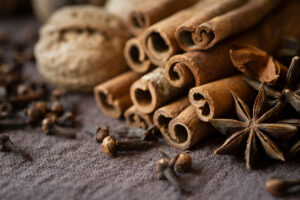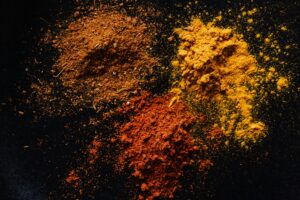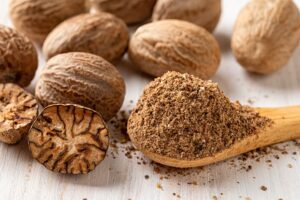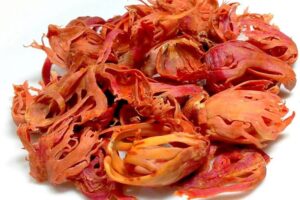TSA Exports and Trades: Bringing the Flavors of India to the World
Introduction
TSA Exports and Trades, headquartered in the spice-rich lands of Kerala, is a rising star in the international spice trade. With roots in local spice trading since 1996, TSA is now expanding its horizons to cater to global markets, driven by an experienced team and strategic partnerships in India, Canada, the UK, and Germany. Specializing in the export of high-quality Indian spices – raw, powdered, and packaged to client specifications – TSA aims to deliver the authentic essence of Indian spices to kitchens and industries around the world.
Kerala: The Spice Capital of India
Kerala, long known as the “Land of Spices,” offers the perfect environment for cultivating some of the finest spices in the world. The fertile soil, tropical climate, and traditional farming techniques passed down through generations ensure the superior quality of spices produced in the region. TSA leverages Kerala’s rich agricultural heritage to source premium-quality spices directly from farmers and cooperatives, ensuring authenticity and freshness in every shipment.
Product Range and Customization
TSA Exports and Trades takes pride in offering a diverse range of spices tailored to meet international demands. The company trades in:
-
Raw Spices: Whole cardamom, cloves, black pepper, turmeric, nutmeg, mace, and cinnamon.
-
Powdered Spices: Freshly ground turmeric, chili powder, coriander, cumin, and garam masala blends.
-
Packaged Spices: Customized packaging solutions to suit client requirements – bulk packaging for industrial use and retail-ready packs for direct-to-consumer markets.
The flexibility in product offerings allows TSA to cater to various sectors, including the food and beverage industry, pharmaceutical companies, and cosmetic manufacturers.
International Reach and Partnerships
With a strong local foundation, TSA Exports and Trades is expanding globally through strategic partnerships. The company has established connections with distribution partners in:
-
Canada – Meeting the rising demand for authentic Indian spices in North America.
-
United Kingdom – Supplying traditional spices to Indian restaurants and retailers.
-
Germany – Catering to the growing organic and natural spice markets.
These international collaborations ensure seamless logistics, timely delivery, and personalized service for clients worldwide.
Commitment to Quality and Sustainability
TSA places great emphasis on quality control, sustainability, and ethical sourcing. By working closely with local farmers, TSA ensures that spices are cultivated using organic and eco-friendly practices. Rigorous quality checks and certifications ensure that all products meet international food safety standards.
The company is also committed to fair trade practices, ensuring that farmers receive equitable compensation for their produce, fostering community growth and economic stability in Kerala’s rural areas.
Why Choose TSA Exports and Trades?
-
Experience and Expertise: With over 25 years of experience in the local spice trade, TSA brings unparalleled knowledge of the industry.
-
Global Network: An international team ensures smooth communication and operations across continents.
-
Customization: TSA adapts to the specific needs of clients, offering tailor-made solutions in spice selection, grinding, and packaging.
-
Authenticity and Freshness: Direct sourcing from Kerala’s spice farms guarantees pure, high-quality products.
Future Vision
As TSA Exports and Trades embarks on its international journey, the company envisions becoming a trusted global supplier of Indian spices. By expanding its product portfolio, entering new markets, and continuing to prioritize quality and sustainability, TSA aims to become a household name in the spice industry.
Conclusion
TSA Exports and Trades bridges the gap between Kerala’s rich spice heritage and global markets, delivering premium-quality spices with a focus on authenticity, sustainability, and customer satisfaction. As the world increasingly seeks natural, organic flavors, TSA is poised to lead the charge, sharing the vibrant taste of Indian spices with kitchens and industries worldwide.




